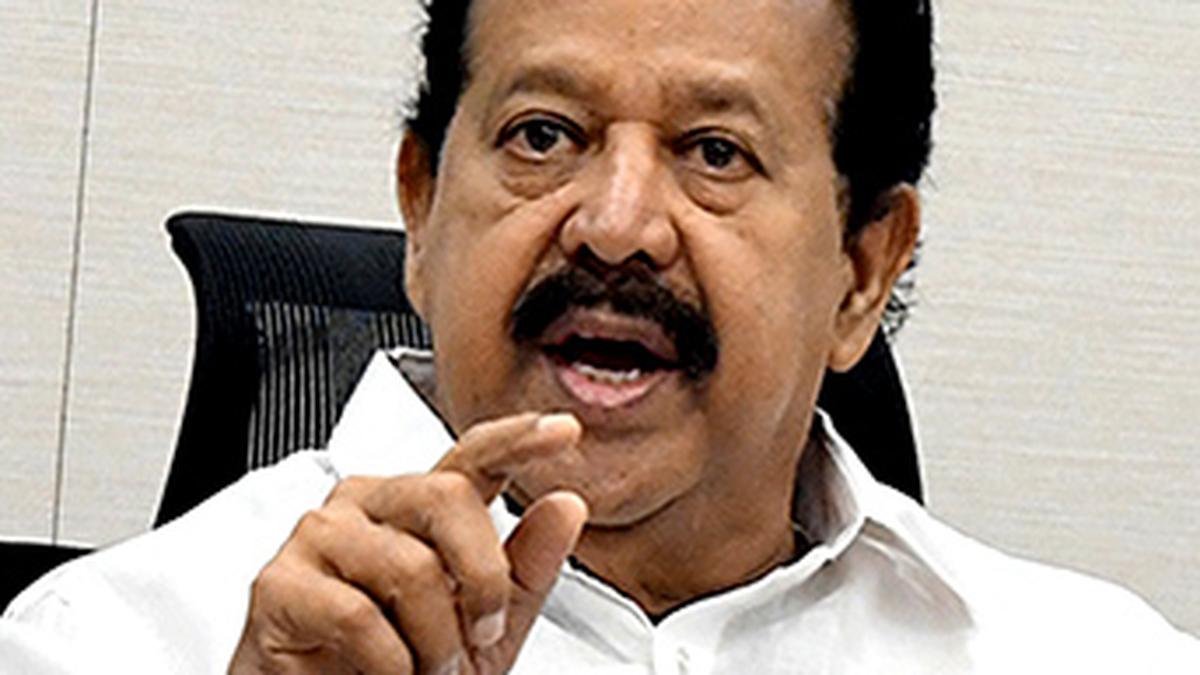
Why T.N. Minister K. Ponmudy faces disqualification as a legislator after judgment? | Explained
The Hindu
The Directorate of Vigilance and Anti Corruption (DVAC) registered a First Information Report (FIR) against TN Minister K. Ponmudy on September 26, 2011. The charge was that he and his wife P. Visalakshi had amassed ₹1.7 crore disproportionate to their known sources of income.
K. Ponmudy had served as the Minister for Higher Education and Mines in the Dravida Munnetra Kazhagam (DMK) government led by the then Chief Minister M. Karunanidhi between 2006 and 2011. After the All India Anna Dravida Munnetra Kazhagam (AIADMK) led by Jayalalithaa came to power in the State pursuant the 2011 Assembly election, the Directorate of Vigilance and Anti Corruption (DVAC) registered a First Information Report (FIR) against him on September 26, 2011.
The charge was that he and his wife P. Visalakshi had amassed ₹1.7 crore disproportionate to their known sources of income. The DVAC’s final report stated that the couple had assets worth ₹2.71 crore at the beginning of the check period on April 13, 2006 and that their assets had increased to ₹6.27 crore at the end of the check period on May 13, 2010. After deducting their admissible income and expenditure during the said period, the couple were unable to account satisfactorily for ₹1.7 crore, the prosecution claimed.
Therefore, it pressed the charge of criminal misconduct against the Minister under Section 13(2) of the Prevention of Corruption Act (PCA), 1988 and accused his wife of abetting him.
After holding a full- fledged trial, pursuant to the filing of the charge sheet, a special court for Prevention of Corruption Act (PCA) cases in Villupuram acquitted both of them on April 18, 2016.
One of the prime reasons given by the trial court for the acquittal was that the prosecution had failed to prove that the Minister had given his allegedly ill-gotten money to his wife for acquiring the assets. The special court pointed out that the Minister’s wife had individual income flowing through agriculture as well as certain businesses run in her name.
“It has also been seen that A2 (Minister’s wife) has been paying advance taxes for her business. It is not axiomatic that an individual, for that matter a wife living with her husband, who is a public servant, would have abetted him for acquiring disproportionate assets using his public office. Even if A1 and A2, who are husband and wife as in the present case, live under one roof, it cannot be presumed that A2 had abetted A1 and acquired disproportionate assets. It is for the prosecution to prove it with sufficient oral and documentary evidence... In the present case there is no iota or shred of evidence to hold that A2 had abetted A1 and acquired disproportionate assets,” special judge T. Sundaramoorthy wrote.
“It is also worthwhile to notice that the prosecution has not let in any credible evidence to establish that A1 being a public servant has funneled money to A2 for acquiring disproportionate assets. The prosecution has miserably failed to put forth any oral or documentary evidence for proving that money has been transferred by A1 to his wife who is A2,” the special judge had concluded.













